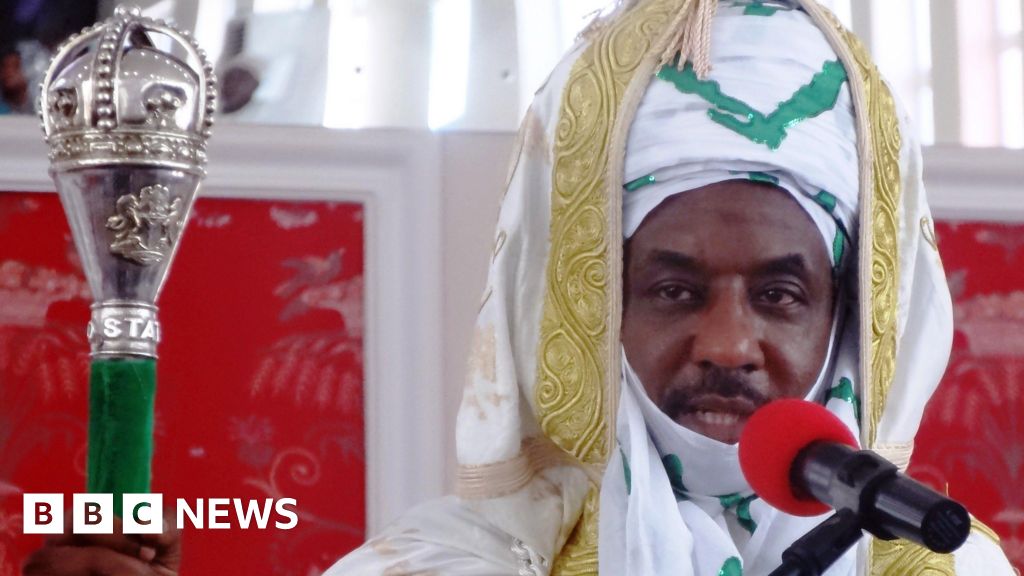André Soltner, the influential French chef who died at 92 in January, was remembered warmly by family and friends for his frugal habits, though a memorial to celebrate him on Saturday afternoon in Manhattan was anything but.
A 16-piece orchestra perched above the cathedral-size ballroom at 583 Park Avenue welcomed guests to their gilt chairs with strains of Handel and Bach filling the air, a rampart of yellow and apricot flowers lining the stage. Beneath a massive crystal chandelier, a sea of chef’s whites assembled to honor the man behind the famed restaurant Lutèce, who many in the room considered a hero, if not a close mentor.
Daniel Boulud, who is Mr. Soltner’s fellow Frenchman and the chef of the Michelin-starred restaurant Daniel, sat next to Thomas Keller, of Per Se and the French Laundry. Danny Meyer, the restaurateur behind Gramercy Tavern and Shake Shack, sat in a row just behind them, with the celebrity chef Tom Colicchio nearby. Jacques Pépin, at 89 one of Mr. Soltner’s few contemporaries present, donned his chef’s uniform for the afternoon.
The concentration of culinary star power should have required a designated survivor.
“Lutèce was not a fancy restaurant,” Mr. Boulud said affectionately, recalling the restaurant in a cozy townhouse on East 50th Street that Mr. Soltner helped make into a destination for French cuisine from its opening in 1961 to its shuttering in 2004. “You walked in and there was that little bistro feeling in the front, and it felt like a home.”
Mr. Soltner began as head chef at the restaurant, eventually buying out his partner, Andre Surmain, in 1973. He was a constant presence until he sold it to Ark Restaurants in 1994, whereupon he became a dean at the French Culinary Institute in Manhattan.
Mr. Soltner and his wife, Simone, who died in 2016, lived above the restaurant, which drew the likes of Henry Kissinger, Marilyn Monroe and Mick Jagger. At the memorial, a slide show projection with photographs of notes left by notable, and well-fed, patrons through the years drew oohs and ahs from the crowd.
A large screen projected photographs of Mr. Soltner throughout his life, ranging from his youth in the Alsace region of France through his years at Lutèce and later as an educator and mentor, many with his companion of eight years, Maryvonne Gasparini; his mirthful, Gallic smile unchanging.
“I have yet to find a picture where André didn’t look happy,” said Glenn W. Dopf, a longtime friend of Mr. Soltner’s. Mr. Dopf and Jacques Torres, the pastry chef and chocolatier, were emcees of the memorial, which included remarks from Mr. Boulud, Mr. Keller, and Rodrigo Campos, who met Mr. Soltner as a 16-year-old while working as a cleaner in his building in New York and is now a chef himself.
Mr. Campos spoke of how he had expressed his desire to be a chef, with Mr. Soltner taking the teenager under his wing and arranging for him to eventually attend culinary school. He is now the executive chef at Mr. Boulud’s Centurion New York restaurant.
“He didn’t expect anything back,” Mr. Campos said of Mr. Soltner’s generosity.
Anne Vandevoorde, a niece of Mr. Soltner’s, was one of a few family members who spoke, remembering her famous “tonton” with fondness. “Having no children was a source of sadness, but you have been a father to many,” she said.
Bill Peet, who is the executive chef at Tavern on the Green and was a chef at Lutèce for 15 years, shared an anecdote of his old boss having knee surgery in the morning and showing up for the evening dinner service later that day.
“André was the example,” he said. “He never took off.”
As guests descended to a lower level for lunch, a band that evoked Mr. Soltner’s Alsatian roots played “La Marseillaise,” the French national anthem, while a silent coterie of ushers from the Frank E. Campbell funeral home, which organized the afternoon’s proceedings, herded the likes of Martha Stewart and the chef David Burke down to the awaiting feast.
Hardly a typical post-service repast, the various stations boasted such delicacies as smoked mushrooms by Jean-Georges Vongerichten, bacon tarte flambeé by Gabriel Kreuther and bonbons by Mr. Torres.
Mr. Pépin’s table in a far corner became the center of gravity as relatively younger chefs, like Mr. Keller and Mr. Boulud, knelt in conversation to the room’s elder statesman and plates from each food station were delivered.
“André would be very unhappy with all the waste,” Mr. Pépin said with an ironic smile, indicating a half-eaten plate of smoked salmon crepe in front of him. Mr. Soltner’s propensity for economizing had been recalled by Mr. Dopf upstairs earlier, with reported habits like judiciously saving wine corks to use to balance unsteady dining tables or placing burned out lightbulbs in the freezer with the belief that the cold could revive the filament.
In a room of people known as celebrity chefs, Mr. Soltner had been the prototype.
“He was very much,” Mr. Boulud said. “But he hated to get the attention. He didn’t want it. André was humble.”
Mr. Boulud described his late friend’s food as honest.
“André was someone who didn’t need caviar, truffle or Foie gras to prove that he could cook,” he said before describing some of his favorite dishes with relish: a soup of mussels, then a pheasant with braised cabbage, and a souffle.
“Simple and just perfect,” he added. “He made New York his village, and they all came to his house.”
Source link


















